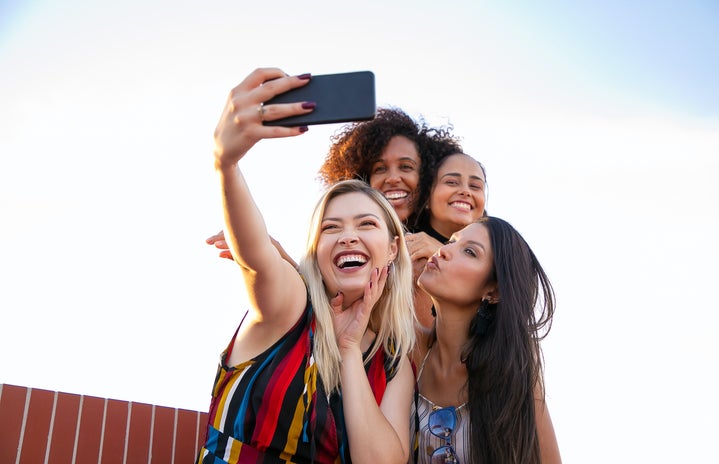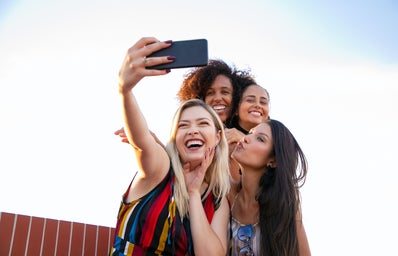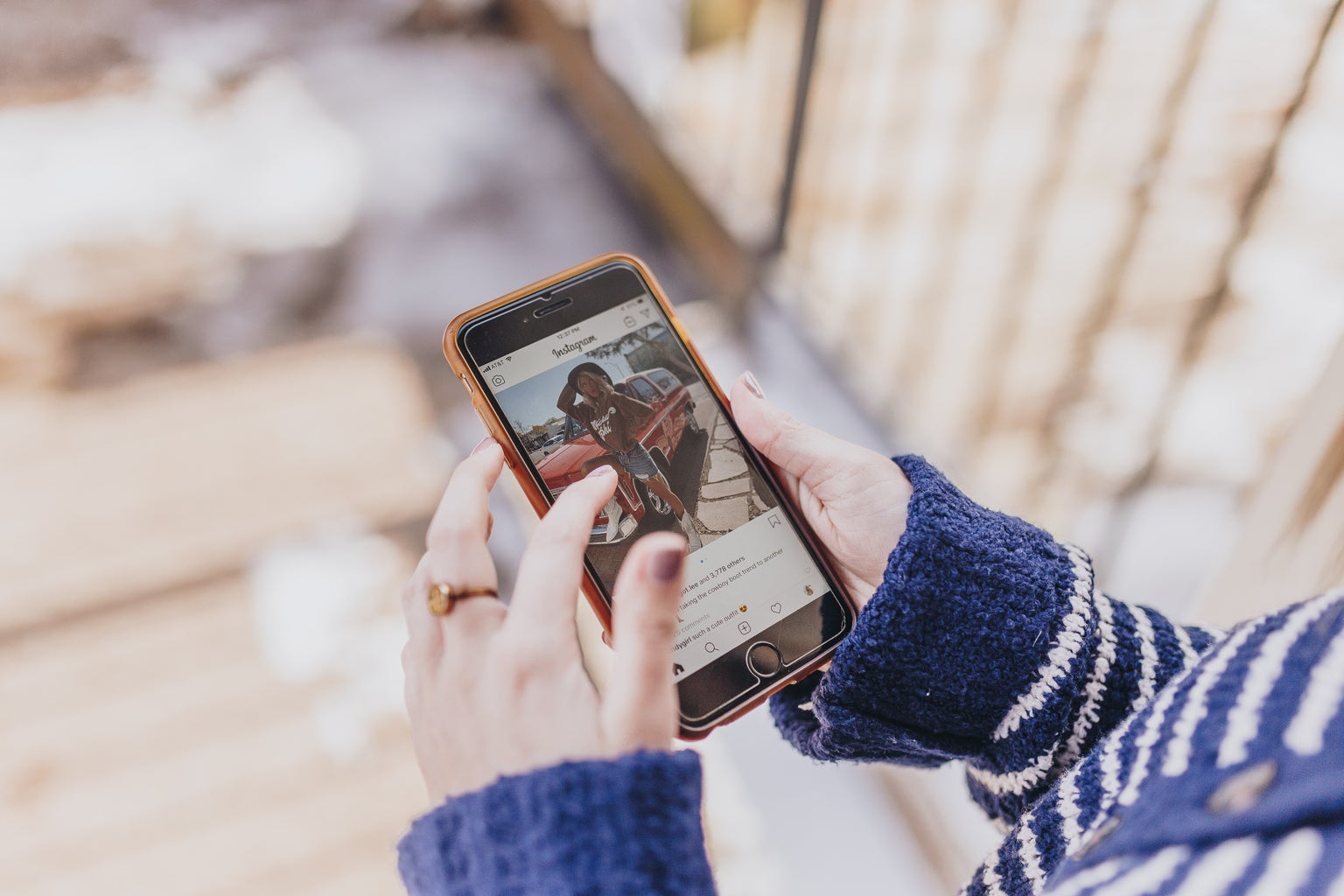In an era where your popularity is defined by how many followers you have and your beauty is based on the number of likes and comments you acquire, authenticity has become a rare quality— more often emulated than inherently possessed.
We’ve been conditioned to believe that our Instagram posts need to be photographed in the best lighting with snatched makeup and the newest trending clothes, or else they’re not worthy enough for our feed. Who defines this worthiness, and how is that reflected through a maximum of 10 Instagram photos? Why are there so many rules about what I should be able to put on my page? Of course, you can argue that I don’t have to do anything, which is technically true, but typically much easier said than done. When you see a multitude of aesthetic profiles everyday, it’s far too easy to compare where you are to where social media thinks you should be. It can be isolating to feel like everyone else is in on some secret that disregards you or that everyone else is just that much better than you are. Fortunately, I’m here to tell you that this isn’t true.
While you may feel like an outcast because you don’t abide by all of these social media standards, many who do are (unknowingly) striving to reach the magnitude of authenticity that comes naturally to you. What I’ve found to be most interesting about this phenomenon is the circular logic it maintains. Our generation has become obsessed with trends and aesthetics. Nonetheless, most who curate their feed to fit this image are mimicking authenticity— staging food when it gets to the table so that it doesn’t look too perfect, but just perfect enough to present as “natural,” or even “candid.”
It’s almost as though we’ve strayed so far from authenticity that it inadvertently became the goal. When your behavior has become so inauthentic that you have to fake authenticity, many of your actions become disingenuous. We can see this translated through the relationships we see on social media and how they often revolve around like/comment-based interactions, as opposed to a legitimate connection. In other words, “I’m only following you because you follow me” or “I only comment on your photos because you comment on mine,” yet the second the comments stop coming in, that relationship is just as good as gone, as if it was never meaningful in the first place.
While we can all attempt to place blame on an individual or entity, there’s no person or group of people at fault. Nonetheless, it’s still important to acknowledge how we contribute to this cycle of inauthenticity. Social media could be a fantastic space if we used it to empower, uplift, and offer a safe, relatable environment for others to feel comfortable and forge real relationships. We would only be doing ourselves a favor to transform a platform like Instagram back into a community that offers a glimpse into the real lives of people, not the fake ones calculated with the intention of imitating something real.



